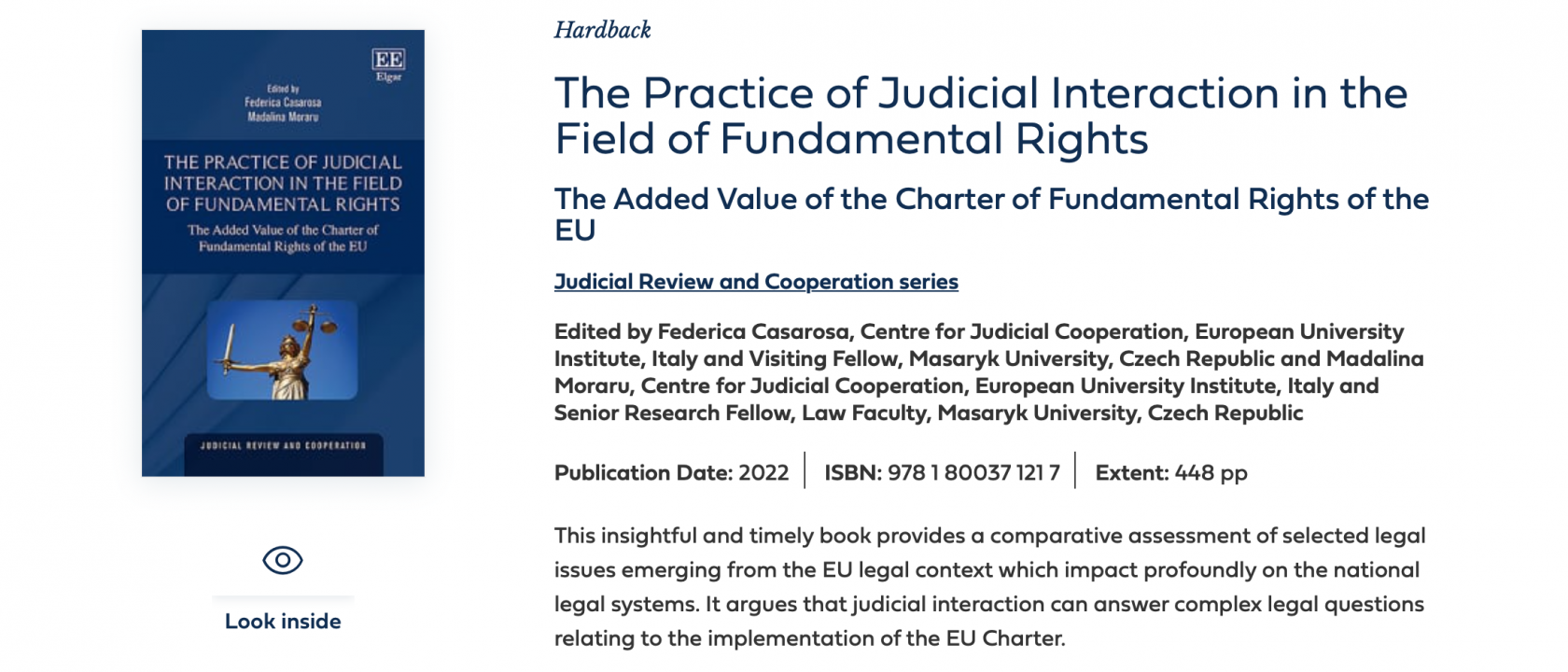Featuring practical cases of judicial interactions between European and national courts, the contributions in this book analyse the multi-dimensional impact of a wide array of judicial interaction techniques such as the preliminary reference procedure, consistent interpretation, comparative reasoning, mutual recognition and disapplication. Constructed in an insightful manner, the book stimulates debate and dialogue across the boundaries of practice and academia, featuring exchanges of expertise and knowledge between legal practitioners and leading scholars.
It offers both general and sector-specific views of the many ways in which European fundamental rights have influenced the adjudication of a variety of issues (including migration, consumer and non-discrimination cases, EU values, judicial independence, and rule of law), as through the interaction of judges in Europe. It has 26 contributions from all over the EU, involving a scholar and a practitioner who offer their specific views on the same fundamental right topic. This particular approach offers a deep insight into the practical relevance of the Charter of Fundamental Rights over a broad array of legal fields.
This timely book will be an invaluable resource for scholars and post-graduate students in courses on European fundamental rights, empirical research methods in law, EU litigation practice and judicial cooperation. It will also prove to be a useful guide for legal practitioners, providing practical and punctual analysis of the jurisprudence of the Court of Justice of the European Union on the application of the EU Charter of Fundamental Rights.
Find out more
